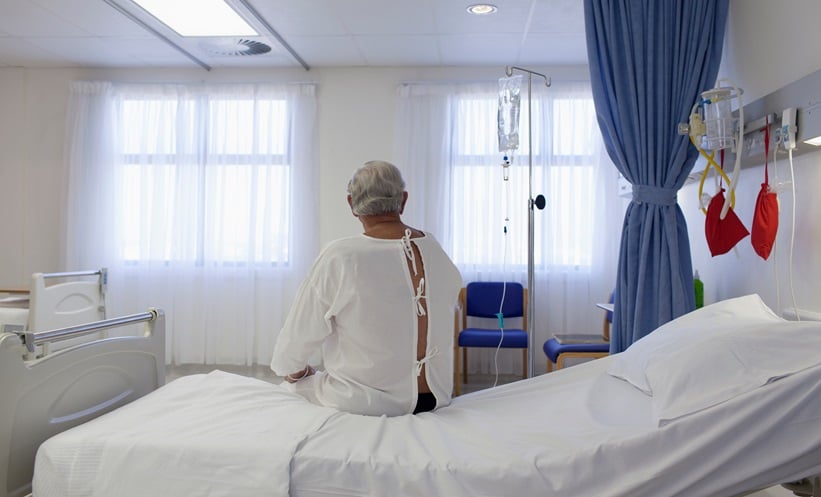A COMPREHENSIVE meta-analysis has identified key risk factors associated with inadequate bowel preparation (IBP) before colonoscopy, a common issue that can lead to the need for repeat procedures and higher healthcare costs.
The meta-analysis, which covered 154 studies, 358,257 participants, and evaluated 48 unique risk factors, found that a variety of sociodemographic, comorbidity-related, medication-related, and procedure-related factors increase the likelihood of IBP.
Sociodemographic factors linked to higher IBP risk include Medicaid insurance, obesity, current tobacco use, being aged 65 years or older, being Black, having a low education level, male sex, and unmarried status. Regarding comorbid conditions, participants with psychiatric diseases, cirrhosis, American Society of Anesthesiologists (ASA) class ≥ 3, poor functional status, constipation, diabetes, previous abdominopelvic surgery, and haematochezia were also more likely to experience IBP.
Medication use emerged as another significant predictor. The use of tricyclic antidepressants, antidepressants, opioids, non-tricyclic antidepressants, and calcium channel blockers was linked to an increased risk of IBP. Additionally, certain preparation and procedure-related factors contributed to inadequate preparation. These included the presence of brown liquid rectal effluent, any incomplete bowel preparation intake, absence of split-dose bowel preparation, an increased interval between bowel preparation and defecation, any nonadherence to dietary instructions, an extended interval between bowel preparation and the colonoscopy, bowel preparation intolerance, previous IBP, and inpatient status.
Although afternoon colonoscopy was initially suggested as a predictor of IBP, further subgroup analysis of prospective studies found no significant association.
This study’s findings are crucial for developing a prediction model to identify high-risk patients, potentially improving colonoscopy outcomes, minimising repeat procedures, and reducing healthcare costs. By targeting the most significant risk factors, healthcare providers can enhance the effectiveness of bowel preparation and overall colonoscopy results.
Ada Enesco, EMJ
Reference
Beran A et al. Risk factors for inadequate bowel preparation in colonoscopy: a comprehensive systematic review and meta-analysis. Am J Gastroenterol. 2024;119(12):2389-2397.








